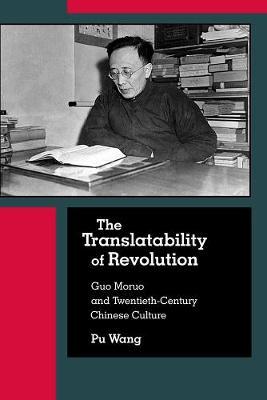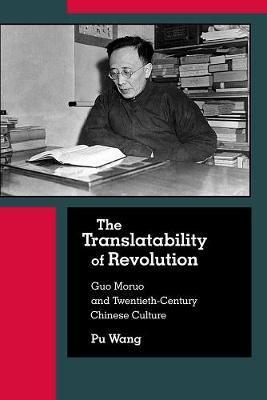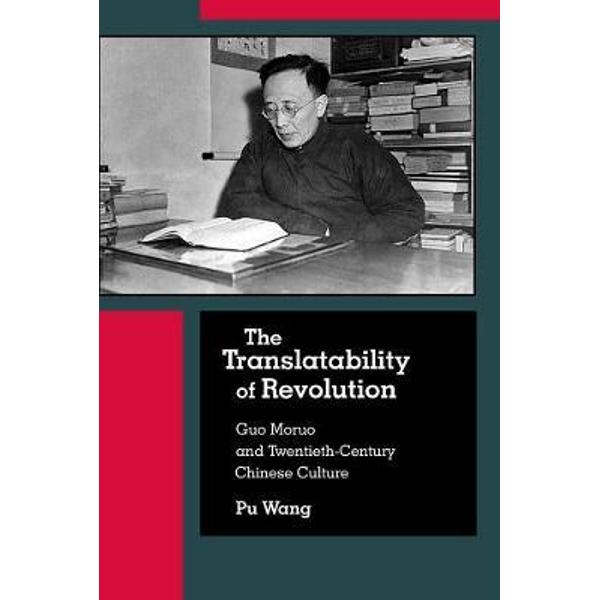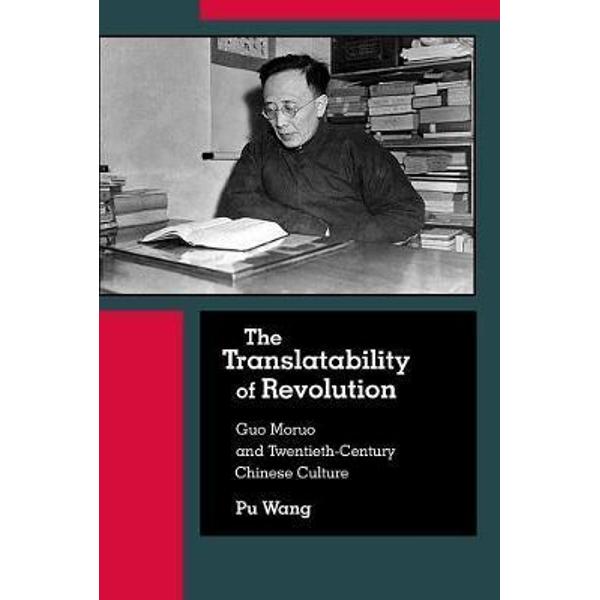Translatability of Revolution
Translatability of Revolution
Leaping between different genres of Guo's works, and engaging many other writers' texts, The Translatability of Revolution confronts two issues of revolutionary cultural politics: translation and historical interpretation. Part 1 focuses on the translingual making of China's revolutionary culture, especially Guo's translation of Faust as a "development of Zeitgeist." Part 2 deals with Guo's rewritings of antiquity in lyrical, dramatic, and historiographical-paleographical forms, including his vernacular translation of classical Chinese poetry. Interrogating the relationship between translation and historical imagination-within revolutionary cultural practice-this book finds a transcoding of different historical conjunctures into "now-time," saturated with possibilities and tensions.
PRP: 288.17 Lei
Acesta este Pretul Recomandat de Producator. Pretul de vanzare al produsului este afisat mai jos.
259.35Lei
259.35Lei
288.17 LeiIndisponibil
Descrierea produsului
Leaping between different genres of Guo's works, and engaging many other writers' texts, The Translatability of Revolution confronts two issues of revolutionary cultural politics: translation and historical interpretation. Part 1 focuses on the translingual making of China's revolutionary culture, especially Guo's translation of Faust as a "development of Zeitgeist." Part 2 deals with Guo's rewritings of antiquity in lyrical, dramatic, and historiographical-paleographical forms, including his vernacular translation of classical Chinese poetry. Interrogating the relationship between translation and historical imagination-within revolutionary cultural practice-this book finds a transcoding of different historical conjunctures into "now-time," saturated with possibilities and tensions.
Detaliile produsului













